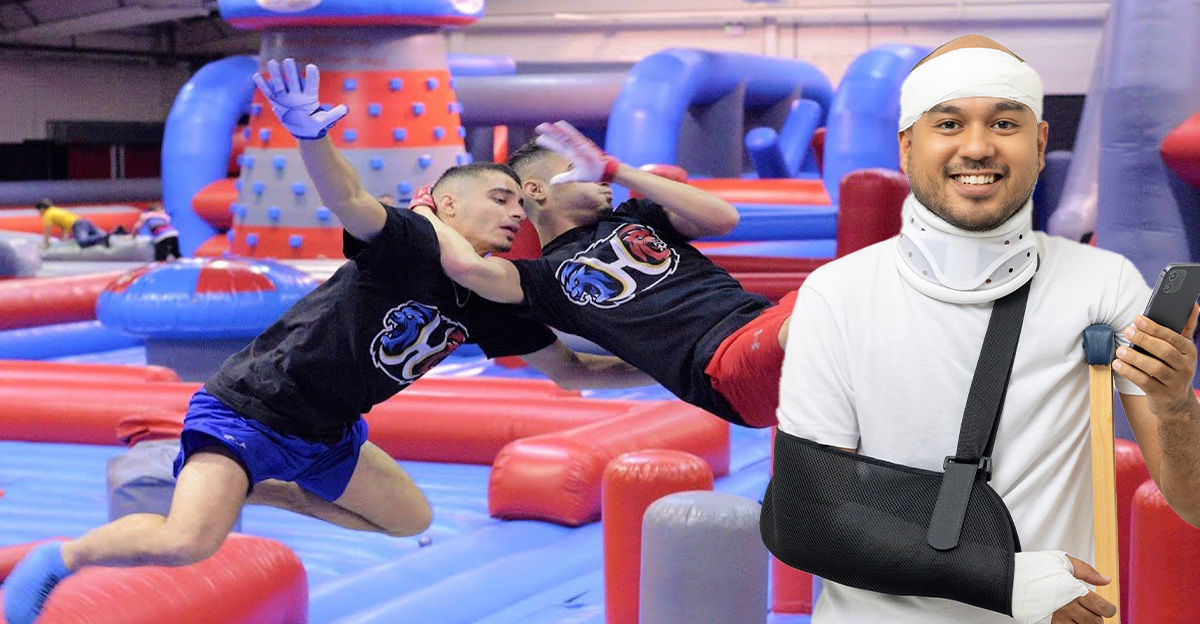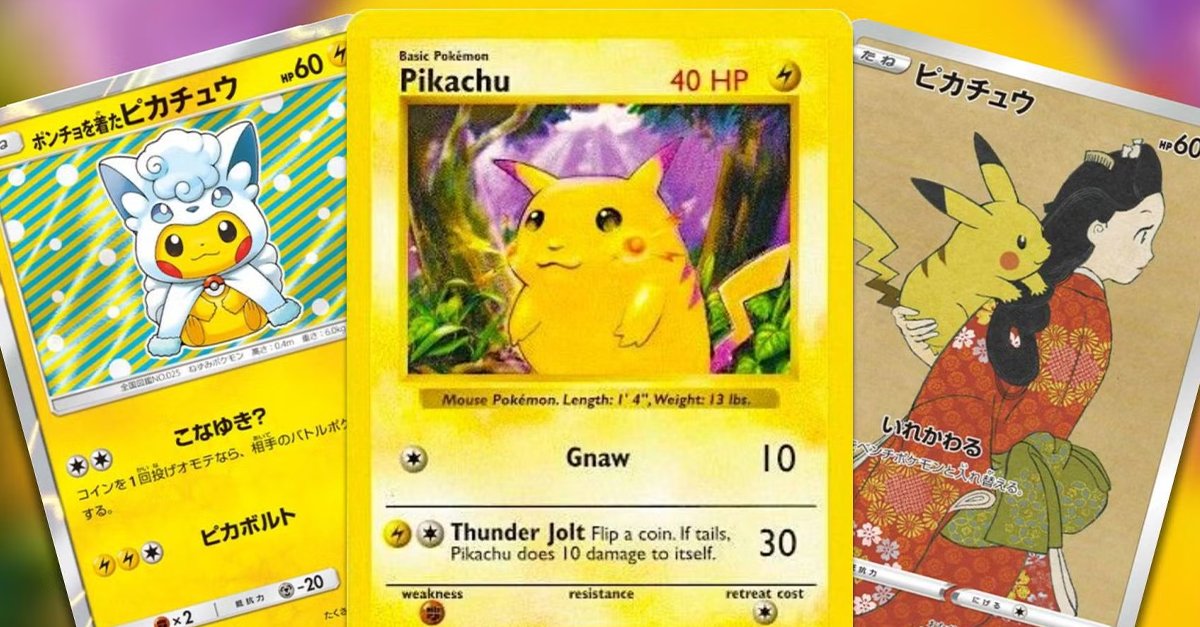The Bouncy Castle Incident: When “Mandatory Fun” Gets Weird
You signed up for marketing, not mixed martial arts. Yet here you are, watching your boss body-slam interns in a bouncy castle. Let’s unpack how this bizarre event became your Tuesday night—and what you can realistically do about it.

When “Fun” Stops Being Fun
Office “fun” crosses into uncomfortable territory when participation feels forced or performative. If saying no could hurt your reputation or career, it’s no longer fun—it’s coercion. Real fun is voluntary, not mandatory or fear-driven.
Power Dynamics in Play
A boss wrestling interns isn’t quirky—it’s power imbalance made physical. Even when framed as “harmless bonding,” employees often feel pressured to participate. That dynamic undermines trust, professionalism, and psychological safety in the workplace.
The Problem With “Mandatory Fun”
Slapping the word “mandatory” onto “fun” kills authenticity. It turns enjoyment into an obligation. True team-building comes from shared respect, not awkward games designed to entertain a manager’s ego or test loyalty.
Consent Isn’t A Joke
Even if everyone’s laughing, consent still applies. Physical contact—especially between a supervisor and subordinates—requires explicit, enthusiastic agreement. Without it, “playful” interactions risk crossing ethical, professional, or even legal lines.
Workplace Boundaries Exist For A Reason
Boundaries aren’t boring—they’re the backbone of respect. When bosses ignore them in pursuit of “team spirit,” they create unsafe dynamics that enable humiliation, favoritism, and even harassment under the guise of fun.
The Spectator Effect
Even if you didn’t participate, witnessing inappropriate or uncomfortable behavior can still affect you. Feeling trapped in silence or pressured to laugh along is a common—and damaging—response in unhealthy workplace cultures.
What HR Is Supposed To Do
Human Resources isn’t just there to hand out lanyards. They’re legally obligated to address unsafe or inappropriate conduct. A “fun night” that crossed boundaries should be documented, investigated, and taken seriously by HR.
When HR Doesn’t Help
Sometimes HR acts more like a company defense team than employee advocates. If your complaint gets brushed off or minimized, start keeping detailed records of everything—dates, comments, emails, and witness accounts.
Document, Document, Document
Documentation is your shield. Write down exactly what happened, who saw it, and how it made you feel. Don’t rely on memory—written notes and time-stamped records are powerful if things escalate later.
Legal Lines May Have Been Crossed
Depending on what happened, your boss’s behavior might constitute harassment or create a hostile work environment. Laws vary by state, but unwanted physicality at work-sponsored events can absolutely raise legal red flags.
Talk To Trusted Coworkers
Chances are, you’re not the only one who felt uncomfortable. Talk discreetly with colleagues you trust. Shared experiences make it harder for management to dismiss the incident as “just one person’s opinion.”
Contacting External Help
If HR fails or retaliates, outside help exists. Agencies like the EEOC or your state labor board can guide you through reporting misconduct and protecting yourself from further harm or retaliation.
Psychological Fallout Is Real
Even ridiculous incidents—like inflatable wrestling matches—can leave emotional bruises. It’s normal to feel shaken, angry, or unsafe afterward. Toxic workplaces often gaslight employees into thinking “you’re overreacting.” You’re not.
Why These Events Keep Happening
Bosses who force “fun” often mistake discomfort for team bonding. It’s usually more about ego than morale. They want to be seen as cool, not realizing they’re generating awkwardness, resentment, and dread instead.
The Culture Problem
Events like this don’t happen in a vacuum. They’re symptoms of deeper cultural issues—where leadership prioritizes image over integrity, and compliance over comfort. It’s not an accident; it’s a pattern.
Humor As A Coping Mechanism
It’s okay to laugh—it’s how humans process absurdity. But don’t let humor dismiss the seriousness underneath. Sometimes, the funniest workplace stories reveal the most alarming cultural dysfunctions hiding behind laughter.
Don’t Let It Slide
Letting it go only normalizes bad behavior. Whether through HR, anonymous channels, or external agencies, speaking up matters. Silence tells leadership this is acceptable—it’s not. Protect yourself and others by acting.
If You’re A Manager Reading This
Take notes. “Fun” should never involve pressure, physicality, or humiliation. Great leaders build morale through respect, inclusion, and genuine choice—like creative workshops, volunteering, or shared lunches, not inflatable wrestling rings.
Taking Back Your Power
You may not control your boss’s choices, but you can reclaim agency. Setting boundaries, gathering evidence, and knowing your rights are powerful acts of resistance against a toxic, manipulative workplace culture.
The Bigger Picture
Workplaces that confuse fun with chaos breed distrust. Professionalism isn’t about being joyless—it’s about creating environments where joy thrives naturally, without coercion, fear, or forced participation in someone else’s bad idea.
Your Next Move
Report it. Record it. Reclaim your dignity. Whether that means confronting HR, consulting legal help, or finding a healthier company, choose the path that restores your peace of mind—and your boundaries.
Mandatory Is For Meetings, Not Bouncy Castle Wrestling
At the end of the day, a “mandatory fun night” that devolves into bouncy castle brawling isn’t just weird—it’s a warning sign. You deserve a workplace that respects your comfort and consent. Speaking up isn’t being dramatic; it’s self-preservation. Healthy workplaces don’t need inflatable chaos to prove they’re fun—they just need respect, safety, and a touch of common sense.
You May Also Like:
Strategies For Starting A Successful Car Wash In 2025





























